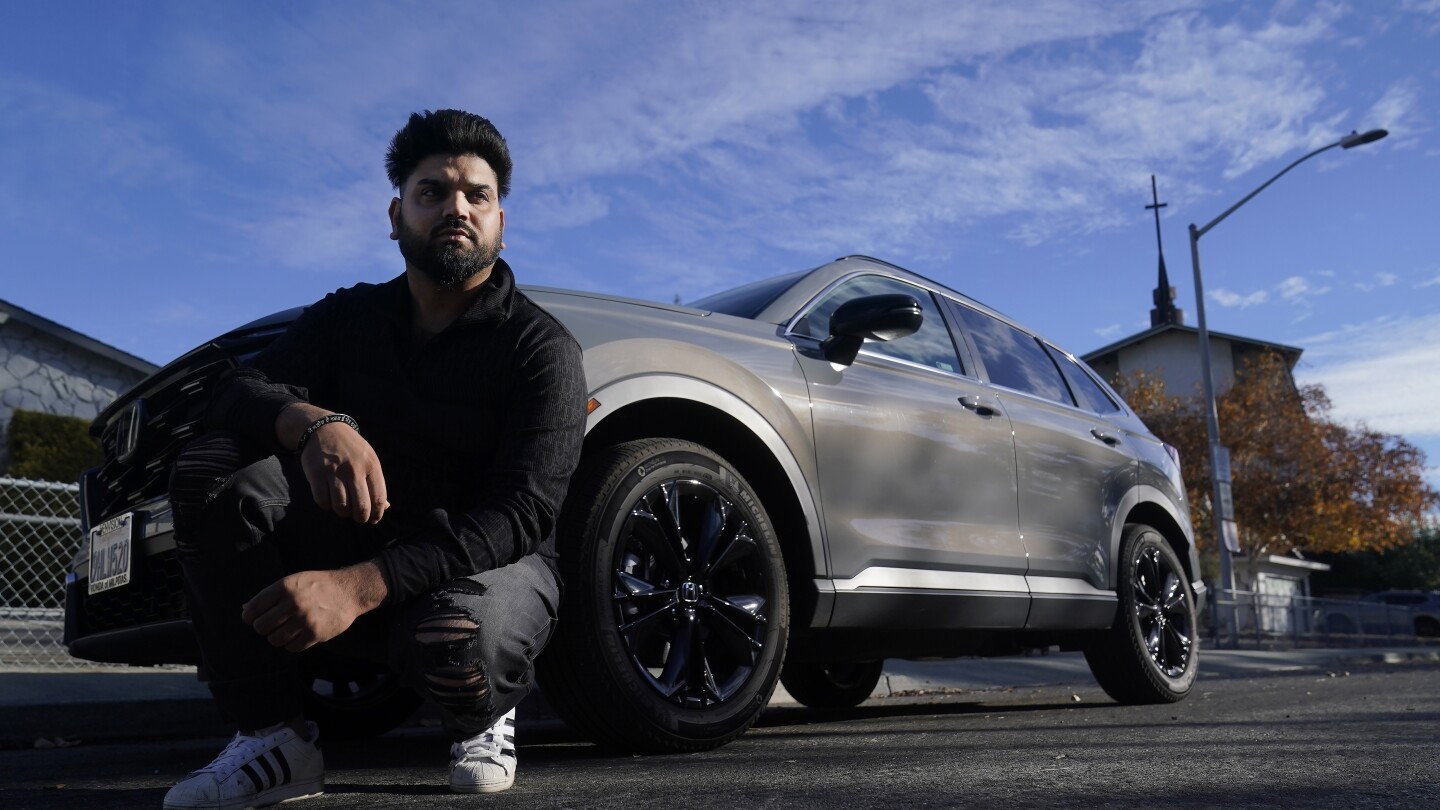America’s automakers have staked their futures on the notion that electric vehicles will dominate sales in the coming years, spurred by buyers determined to reduce carbon emissions and save on fuel.
But so far, while EV sales are growing, their pace is falling well short of the industry’s ambitious timetable for transitioning away from combustion engines. Instead, buyers are increasingly embracing a quarter-century-old technology whose popularity has been surging: The gas-electric hybrid, which alternates from gas to battery power to maximize efficiency.
So far in 2023, Americans have bought a record 1 million-plus hybrids — up 76% from the same period last year, according to Edmunds.com. As recently as last year, purchases had fallen below 2021’s total. This year’s figures don’t even include sales of 148,000 plug-in hybrids, which drive a short distance on battery power before a gas-electric system kicks in.



Regarding the first two, I find charging my EV at home means I rarely have to consider public charging. I’ve started to find stopping at the gas station way more inconvenient.
When I lived in the city, I maintained charge with a standard 120v outlet. In a rural area, I am doing well with a 240v (15a).
12 hour+ road trips are the only thing I hesitate on much anymore — sometimes I love the EV road trip, and other times I’m just looking to make good time.
It’s a problem for those that cannot charge at home. My apartment complex will not install chargers and I have no easy way to run a charger myself.
That’s not to say your point does not stand, but it’s still not a reality for folks like me quite yet. After my last car was totaled (RIP), I went with a hybrid. Pretty good fuel economy (35-45mpg in the city, 50-60 on the highway) and it hasn’t given me any issues so far.
If I still need a car by the time this one bites the dust, then I would definitely consider if an EV would fit my needs.
There will be laws if there aren’t already where you are that will require apartment buildings to install chargers if a tenant wants one, at the tenants cost.
There will then also be incentives for that, making it easier.
Its too obvious a problem to do nothing about with the transition goals in place.
Edit: also if they’re such dicks about an install you might even be able to install a portable charger that you can remove when you leave, or have it just be a plug. You don’t necessarily need to pay for a permemant fixture level 2 smart charger.
That would be big for EV infrastructure. I see where there is a push for such regulations now after looking it up after reading your reply, but that was not a thing when I needed it. Doesn’t really make a whole lot of sense to get an EV when I already have a car right now.
Before I bought my hybrid, I looked into the portable chargers and the parking spots are too far away from where I can access an outlet. But they would work for other folks, so it does open up the possibility for more people.
Jeez, who wants to foot that bill so the next guy doesn’t?
For most use cases, you won’t even need a full charger, just a standard outlet to plug in the car’s standard slow charger.